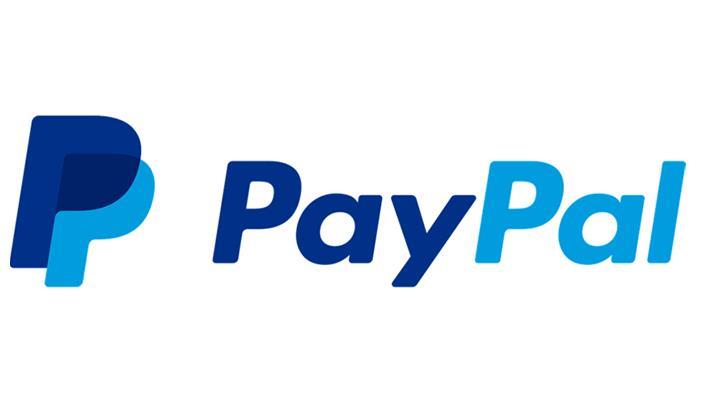PayPal’s stock may have taken a small slide after the company revealed their second-quarter statistics for the financial year, but experts are predicting that this will have no negative effect on the long-term future of the payment service. The stock tumbled as a reaction to a reduction in revenue levels forecast for 2019, but the company have reassured investors that this should be nothing more than a blip.
The company’s second-quarter earnings prompted a reassessment of 2019 revenue, with projected totals adjusted from the $17.85 – $18.10 billion range to the $17.60 – $17.80 billion bracket. While PayPal’s Q2 figures still exceeded Wall Street forecasts, that change in overall revenue projections stimulated an 11% drop in share price in the month following the Q2 announcement on July 23.
Time to buy
A decline in stock price may seem like it can only spell bad news, but one market analyst has declared this to be the perfect opportunity for investors to gain a foothold in PayPal Holdings. Kenneth Hill, of Rosenblatt Securities, told clients that the future of the company “looks as healthy as ever”, with the reduced stock price enabling more traders to get on board in anticipation of PayPal bouncing back quickly and strongly.
Hill and other experts are confident that PayPal’s overall health will enable them to not only ride any outside pressures, but to return to their original pathway of sustained growth. Part of Hill’s optimism comes from his faith that PayPal will continue to expand into new markets, adapt to new technologies, and evolve their customer service to meet changing consumer needs.
PayPal’s straightforward customer interface, its transparency, and its security against money laundering has made the service one of the most trusted payment methods. It used to be something of a novelty when a website offered PayPal as possible means of transaction, but the landscape has shifted. In some industries, businesses now risk being left behind by competitors if they lack the option for PayPal transactions.
Branching out
The service has progressed far beyond the e-commerce sites on which PayPal made its name. PayPal became one of the first e-wallets used by financial traders, with most trading platforms having embraced the service. PayPal is particularly attractive for brokers because of the speed at which it facilitates transactions, so traders are not left waiting for credit card payments to process.
Travel websites have also begun to adopt PayPal, with the secure nature of the service alleviating customer concerns when making sizeable holiday purchases. Global giant Expedia has partnered with PayPal to give consumers greater flexibility when it comes to holiday-related purchases, encompassing everything from travel to accommodation.












